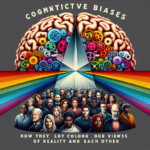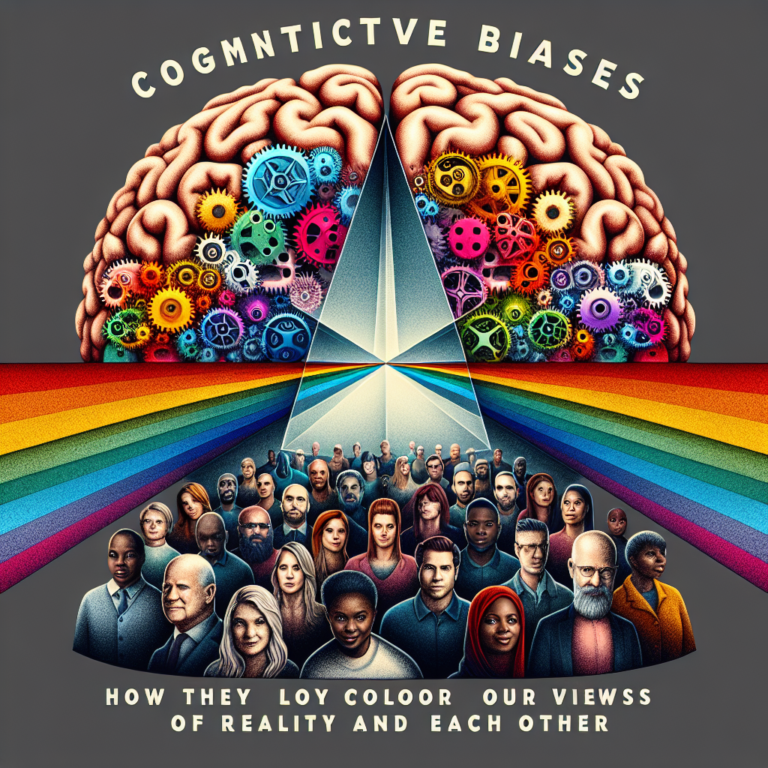
Introduction
In today’s fast-paced world, the quest for well-being often feels like an uphill battle. Between juggling work, family, and personal commitments, many individuals neglect a critical component of their health: the mind-body connection. How often have you felt stressed, only to find that it manifests as a headache or a tightness in your chest? Understanding the mind-body connection is more essential than ever, as it offers profound insights into achieving holistic well-being. This article delves into the intricate relationship between the mind and body and provides a holistic approach to well-being that can lead to a healthier, more balanced life.
The Essence of the Mind-Body Connection
Understanding the Concept
The mind-body connection refers to the intricate and dynamic relationship between our thoughts, emotions, and physical health. Studies have shown that psychological factors can influence physical health outcomes and vice versa. For example, chronic stress can lead to various health issues, including high blood pressure and weakened immune function. Conversely, maintaining a healthy lifestyle and positive mental state can enhance physical health.
Historical Perspectives
The concept isn’t new; ancient traditions, including yoga and traditional Chinese medicine, have long recognized the importance of integrating mind and body. Western medicine is now catching up, increasingly acknowledging the psychological aspects of physical diseases.
The Scientific Foundation
Neurobiology of the Mind-Body Connection
At the core of the mind-body connection are the neural pathways that link the brain with the rest of the body. Research in neurobiology has revealed that our thoughts can modulate the physiology of our bodies. For instance, studies demonstrate how positive thinking can trigger the release of neurotransmitters like dopamine and serotonin, known as the ‘happiness hormones.’
Stress and the Body
Chronic stress is one of the most significant disruptors of the mind-body connection. When faced with stress, the body enters a state of fight or flight, leading to elevated hormone levels (like cortisol) that can drain your health over time. This reality emphasizes why adopting strategies for stress management is vital for holistic health.
The Immune Response
Conversely, a strong, positive mental state has been linked to improved immune function. Research indicates that individuals with a positive outlook are less susceptible to illness, showcasing the profound implications of the mind-body connection.
| Mental State | Immune Function | Health Outcomes |
|---|---|---|
| Positive | Enhanced | Lower rates of illness |
| Negative | Diminished | Higher susceptibility to disease |
Real-World Case Studies
Case Study 1: The Impact of Meditation
A 45-year-old woman, Sarah, struggled with anxiety and insomnia. After practicing mindfulness meditation for just eight weeks, she reported significant improvements in her mental state and physical well-being. Sarah’s case exemplifies the potential of the mind-body connection to facilitate healing.
Analysis
Sarah’s experience illustrates how meditation can improve emotional regulation, thereby relieving physical symptoms like insomnia. This showcases a practical application of the mind-body connection and emphasizes the importance of consistent practice.
Case Study 2: Yoga and Chronic Pain
Another compelling example involves John, a 60-year-old male diagnosed with chronic back pain. By integrating yoga into his daily routine, John not only experienced less physical discomfort but also a notable boost in his mental health. His stress levels decreased, showcasing how the mind-body connection can affect chronic ailments.
Analysis
John’s case underscores the efficacy of physical practices that engage both the mind and body, reinforcing the concepts of holistic health.
Practical Strategies for Enhancing the Mind-Body Connection
1. Mindfulness and Meditation
Incorporating mindfulness into your daily routine can significantly enhance your awareness of the mind-body connection. Practicing mindfulness teaches you to observe your thoughts and feelings without judgment, which can help to reduce stress and improve emotional balance.
2. Tai Chi and Yoga
These ancient practices are excellent for strengthening the mind-body connection. Both disciplines emphasize controlled movements, breathing, and concentration, effectively bridging the gap between mental calmness and physical vitality.
3. Nutritional Psychology
Your diet plays a crucial role in your mental state. Consuming a balanced diet rich in whole foods can positively influence your emotions and mood. Foods rich in omega-3 fatty acids, for instance, are known to enhance brain function and mitigate feelings of depression.
4. Regular Physical Activity
Exercise releases endorphins, the body’s natural painkillers, which can elevate mood and improve mental health. Aim for at least 30 minutes of physical activity most days of the week to harness this benefit.
5. Holistic Therapy Modalities
Exploring therapies like acupuncture or aromatherapy can also aid in strengthening the mind-body connection. These methods engage both emotional and physical aspects of well-being, creating a balanced approach to health.
Conclusion
Understanding the mind-body connection: a holistic approach to well-being is not just a trend; it’s a necessity. By acknowledging the interconnectedness of our thoughts, emotions, and physical health, we can foster a holistic approach to our well-being. Each strategy we apply—from mindfulness to regular exercise—shapes our overall health, reinforcing the profound relationship between the mind and body.
Actionable Insights
- Start small by practicing mindfulness for just 10 minutes daily.
- Incorporate yoga or stretching into your routine a few times a week.
- Pay attention to your diet and seek out foods that enhance your mood.
- Remember, the journey to well-being is ongoing. Seek support from professionals when needed, and don’t hesitate to revisit strategies that resonate with you.
FAQs
1. What is the mind-body connection?
The mind-body connection refers to the significant relationship between our mental state and physical health. It posits that our thoughts and emotions can influence bodily functions and health outcomes.
2. How can I improve my mind-body connection?
You can enhance your mind-body connection through practices like mindfulness, meditation, yoga, regular exercise, and a balanced diet.
3. Can negative emotions affect physical health?
Yes, chronic negative emotions can lead to physical health issues, including stress-related illnesses and weakened immune function.
4. Are there any studies supporting the mind-body connection?
Yes, numerous studies indicate that a positive mental state can boost immune function, lower stress levels, and even enhance recovery from illness.
5. How long does it take to notice changes in my health from practicing mindfulness?
Individuals often notice improvements in mental clarity, emotional stability, and even physical well-being within a few weeks of consistent mindfulness practice.
In summary, embracing the mind-body connection through a holistic approach to well-being can lead to transformative results that resonate across all facets of life. The journey towards holistic health is individual and ongoing, but the rewards are invaluable. Consider this your invitation to explore and enhance your well-being through the powerful mind-body connection.















